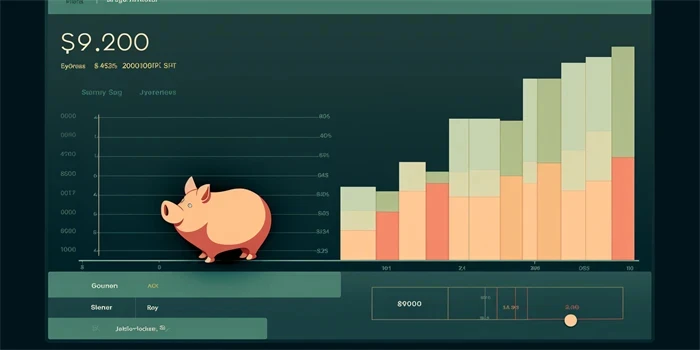With the rapid advancement of artificial intelligence (AI), there has been growing concern about its impact on the future of work. Will robots soon replace humans? Will the job market be drastically transformed? In this article, we will explore the various aspects of AI and its potential effects on employment.

1. Automation of Routine Tasks
One of the main advantages of AI is its ability to automate routine tasks. Tasks that are repetitive and rule-based can be efficiently performed by robots or AI systems. This could lead to an increase in productivity and efficiency in many industries, such as manufacturing and data entry.
However, it is important to note that not all jobs can be easily automated. Jobs requiring critical thinking, creativity, and emotional intelligence are less likely to be replaced by AI.
2. Augmentation of Human Abilities
AI has the potential to augment human abilities. For example, in the healthcare industry, AI algorithms can help doctors diagnose diseases more accurately and efficiently. This collaboration between humans and AI can significantly improve outcomes and enhance overall performance.
3. Job Displacement and Reskilling
While AI may automate certain tasks, it does not necessarily mean that it will lead to mass unemployment. Historically, technological advancements have often resulted in job displacement, but new jobs have also been created as a result.
However, there is a need for effective reskilling and upskilling programs to prepare the workforce for the jobs of the future. Education and training programs should focus on developing skills that are complementary to AI technologies.
4. Ethical Considerations
As AI systems become more advanced, ethical considerations become crucial. Issues such as algorithmic bias and privacy concerns need to be addressed to ensure that AI is used responsibly and fairly.
Regulations and policies must be put in place to protect individuals and ensure transparency in AI algorithms. Collaborative efforts between governments, industries, and academia are necessary to establish ethical frameworks for the use of AI in the workplace.
5. AI and Job Creation
Although AI has the potential to automate certain tasks, it also has the capacity to create new jobs. The development and maintenance of AI systems, as well as the need for human oversight and decision-making, will require skilled professionals.
Moreover, AI can lead to the emergence of entirely new industries and job roles that we cannot yet predict. As AI technologies continue to evolve, there will be a growing demand for individuals with expertise in AI and related fields.
6. Impact on Specific Industries
AI is already transforming various industries. For example, in the transportation sector, autonomous vehicles are being developed, which could potentially replace human drivers in the future. Similarly, in customer service, chatbots and virtual assistants are becoming more prevalent.
It is important for industries to adapt to these changes and explore the potential applications of AI in their respective fields to stay competitive and maintain relevance.
7. Collaboration Between Humans and AI
Rather than viewing AI as a replacement for humans, it is more productive to consider it as a tool for collaboration. The combination of human intelligence, creativity, and empathy with the efficiency and speed of AI can lead to significant advancements in various domains.
8. Impact on Job Satisfaction and Well-being
AI has the potential to enhance job satisfaction and well-being by automating mundane tasks and freeing up time for more meaningful work. This can lead to a greater sense of fulfillment and engagement for employees.
However, the fear of job displacement and the need to constantly adapt to new technologies can also cause stress and anxiety. It is crucial for organizations to provide support for employees in navigating these changes to ensure their well-being.
Frequently Asked Questions:
Q1: Will AI completely replace humans in the workplace?
A1: While AI has the potential to automate certain tasks, it is unlikely to completely replace humans. Jobs requiring complex thinking and emotional intelligence are less likely to be automated.
Q2: Will AI lead to mass unemployment?
A2: AI may result in job displacement, but historically, it has also created new jobs. Effective reskilling programs are necessary to ensure that the workforce is prepared for the jobs of the future.
Q3: How can AI be used ethically in the workplace?
A3: Ethical considerations, such as algorithmic bias and privacy concerns, need to be addressed. Regulations and policies should be established to ensure fairness, transparency, and accountability in the use of AI.


